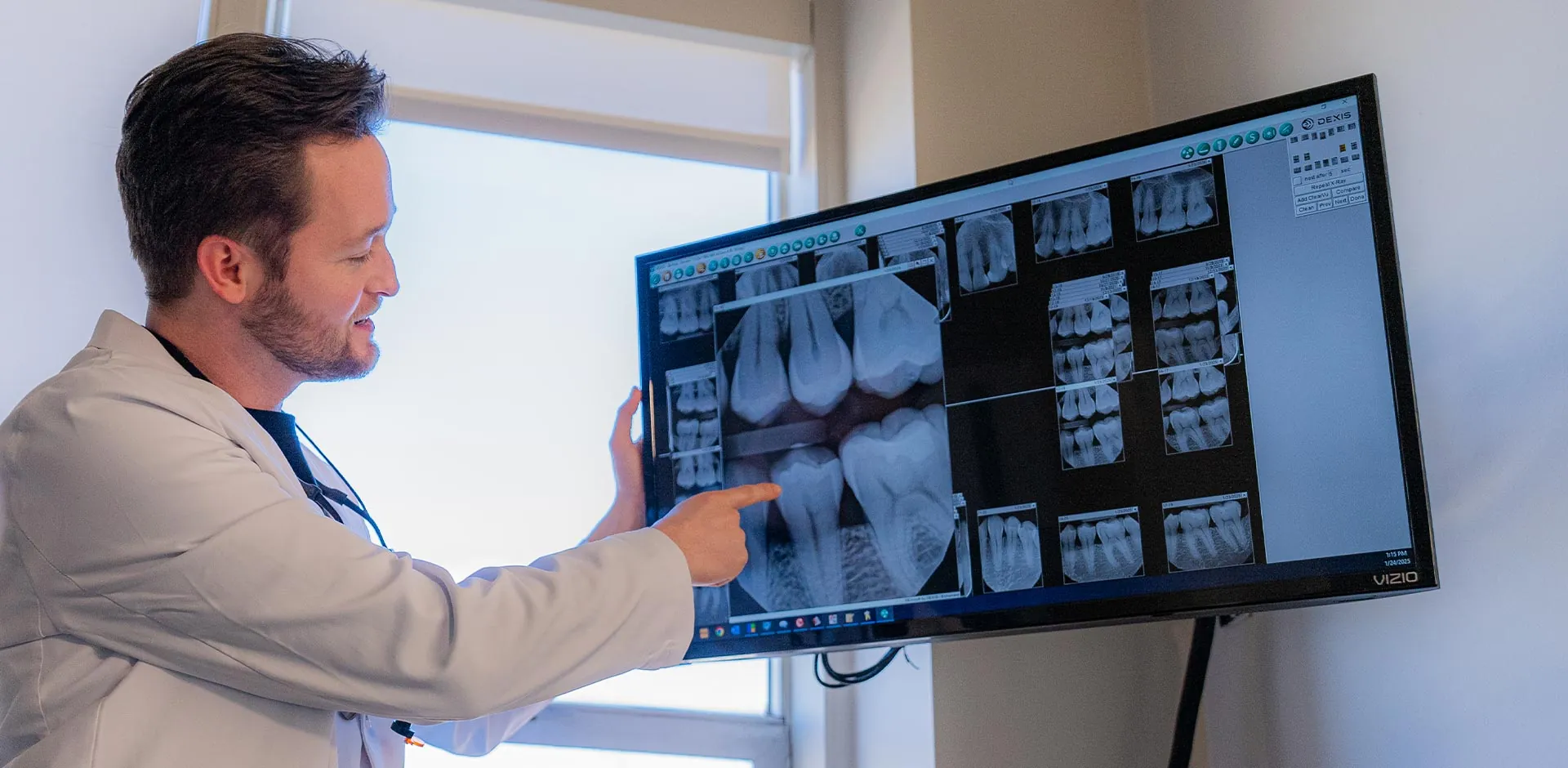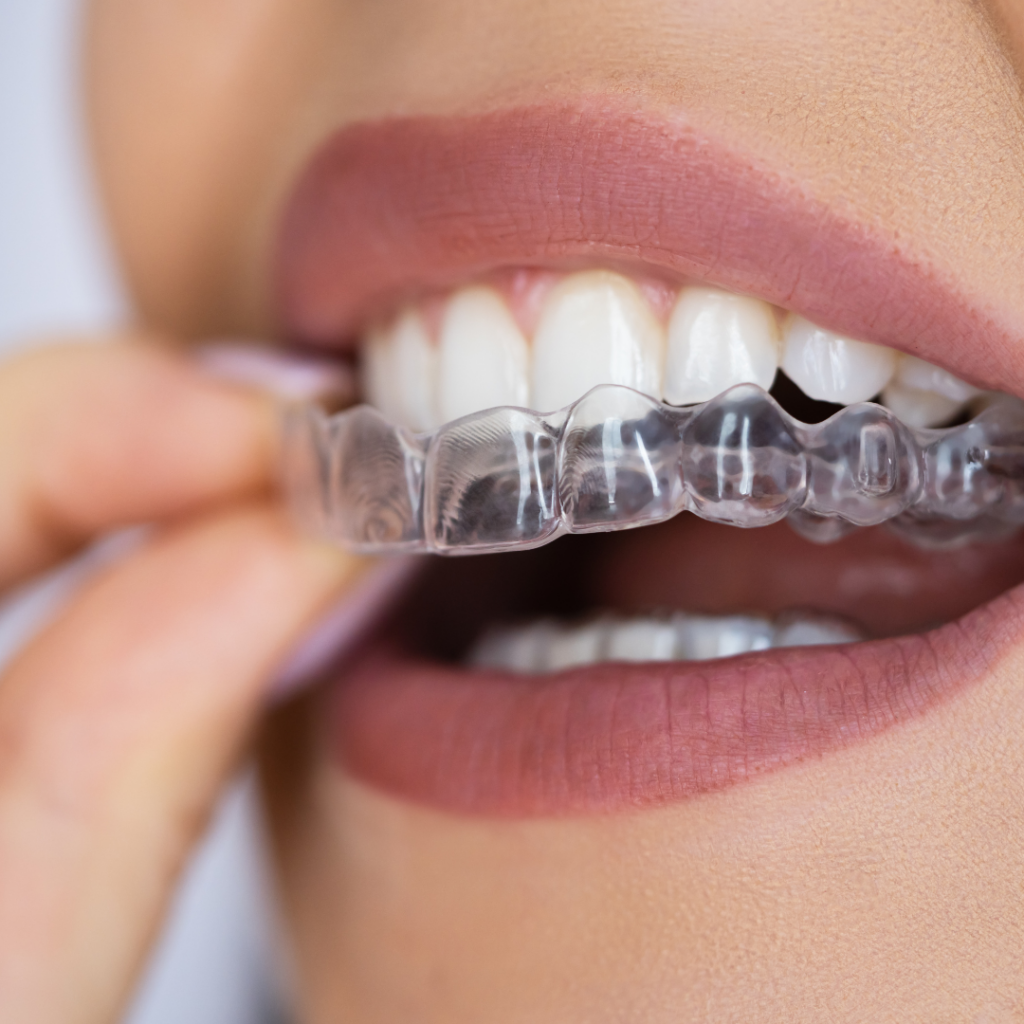
I am often asked about tooth sensitivity...or patients will start the appointment with "I have generalized sensitivity".
This is not an uncommon thing to experience. So what can we do about it? Let's dive in.
Tooth Pain Vs Tooth Sensitivity
This is a very important distinction. We (dentists) will usually decipher what you are experiencing by asking a series of questions. So, let's explain the difference between sensitivity and pain.
- Tooth Pain:
- This is a sensation that is more intense, usually does not go away, and typically gets worse with time.
- Often associated with a tooth problem - cavity, broken tooth, etc
- Tooth Sensitivity (generalized):
- This on the other hand is more mild, usually comes and goes, and is hard to pinpoint to a specific tooth.
- Often associated with recession....and one other thing!!!
It is important that we decipher whether or not you are experiencing pain or sensitivity. I know they sound interchangeable, but they are not. We often ask patients "on a scale of 1-10 what would you say the level of intensity is?"
If a patient leads with "oh a 1-2" right off the bat, we are cued into a more sensitivity problem (obviously more testing and diagnostics are needed, but this is a good starting point).
Okay, but why are we talking about this...
Well, we are seeing more and more patients that are experiencing tooth sensitivity that is related to their bite.
Yep, you read that right.
Patients that are suffering from malocclusions or misaligned bites are more susceptible to tooth sensitivities down the road. More research has come out that bite corrections are not only for JUST for esthetics anymore, but are also important for longevity of teeth along with reducing tooth sensitivity.
So, What Do We Do?
The first thing we check is whether or not you have signs of clenching or grinding. These bad habits can cause tooth sensitivity.
So, we often recommend a night guard. This protects your teeth at night and prevents potential symptoms of tooth sensitivity, muscle fatigue, and headaches.
If your teeth are misaligned we often recommend straightening them to develop what is called a harmonious occlusal scheme. This will promote tooth health and reduce the risk of breaking teeth, tooth sensitivity, and jaw pain. After aligning your teeth we often recommend a nightguard for use when you sleep.
It may seem weird that your tooth sensitivity is coming from clenching and grinding or a misaligned bite....but it is more common than you think!
Thanks for reading!
-Dr. Mike





